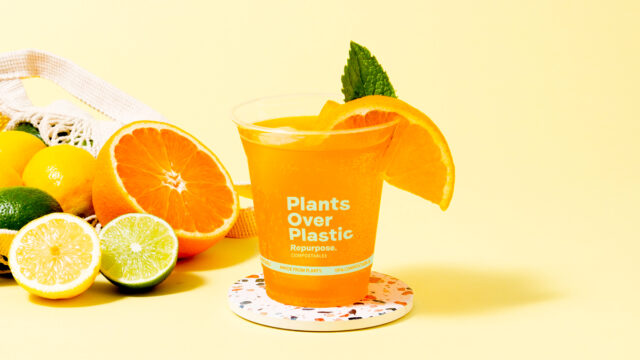The gold standard for any product is a formulation that doesn’t need packaging at all. But that might be difficult for big plastic users, such as the food and beverage category. Plastic is light, robust, and can be flexible and transparent; current alternatives (mainly glass and aluminum) are heavy, opaque, rigid or brittle.
Related video
Instead, consider if you really need bottles to sell drinks. Cirkul is a brand that ran with the deceptively simple idea of powdered drinks: Every person with access to clean drinking water just needs the ingredients that turn that water into an instant drink, such as hot chocolate, coffee or even beer. The ingredients can be pulverized and packed in space-efficient sachets, which can be paper- or seaweed-based, with no need for plastic at all. All the consumer has to do is combine and shake.
But it doesn’t always take a fully fledged product innovation to remove plastics from the equation. Barilla realized that fully recyclable packaging is more important than its iconic plastic window to see the product.
This strategy might be more difficult for fresh produce, where the visual cues of the product quality (ripeness, freshness) are paramount for the consumer’s purchase decision. But it has been done—with Dutch brand Eosta‘s plastic-free fruit punnets. Such plastic-free solutions tend to be made from a single material type, so it’s abundantly clear which recycling bin they need to go in after use.
Replace
If we can’t remove plastic, we should try to replace it with a better alternative. This doesn’t mean going straight to glass or aluminum—just be careful not to fall into the “blended materials” trap. Mixing the good stuff (PHA) with the bad stuff (yes, even PLA is problematic) isn’t going to make the bad stuff any more good. And consumers won’t appreciate being played for fools.


